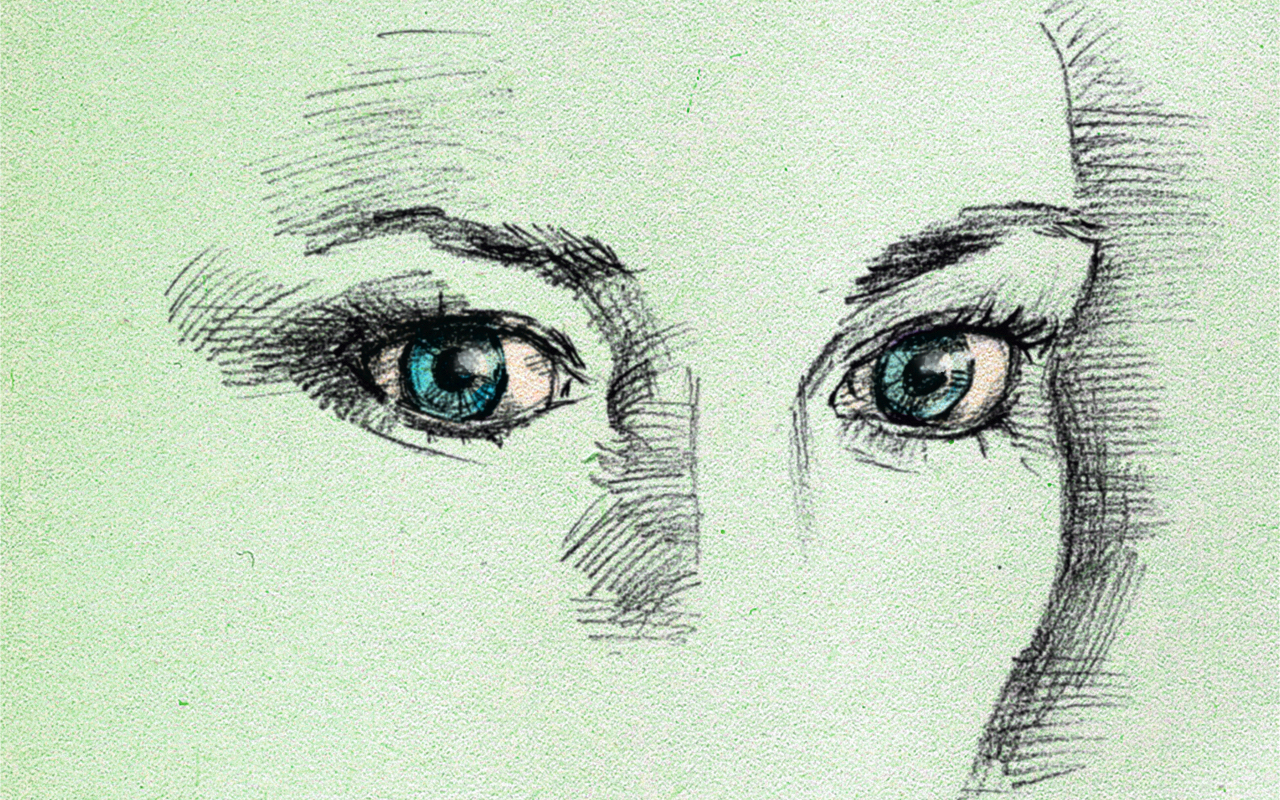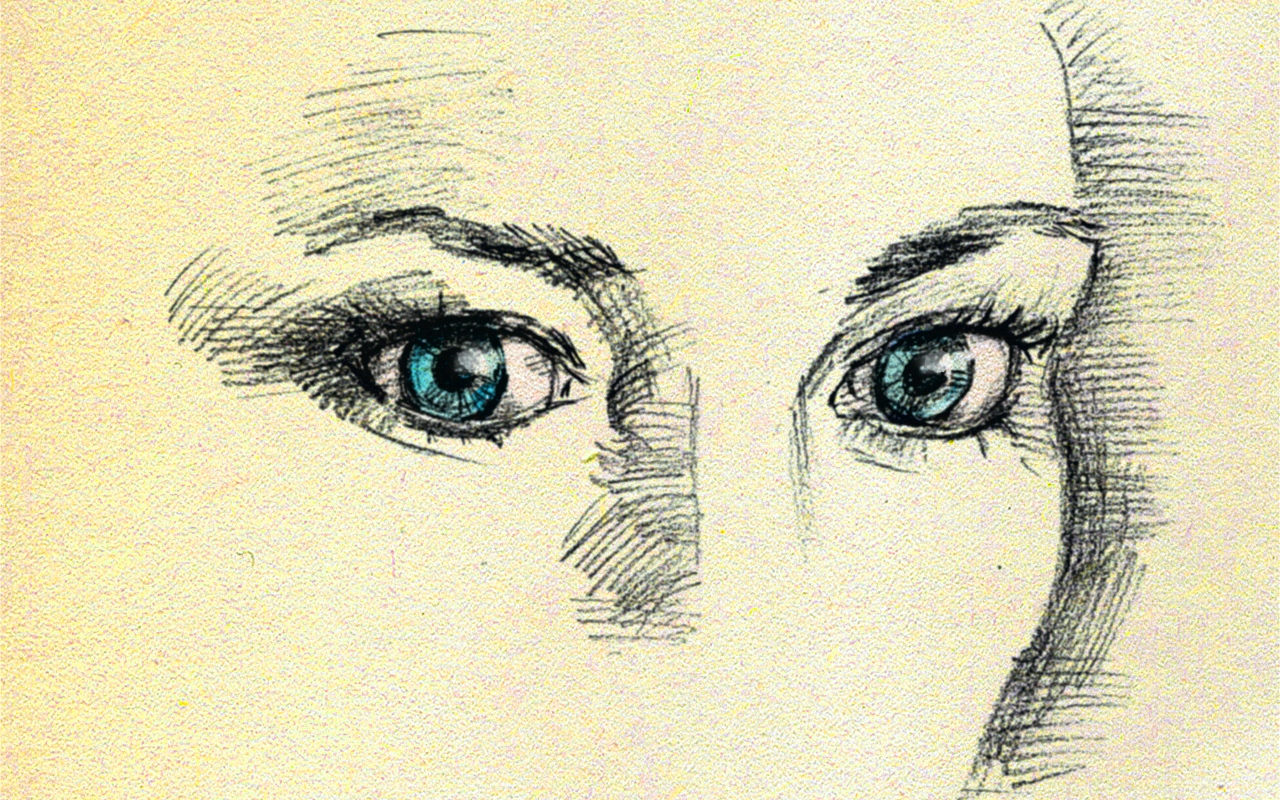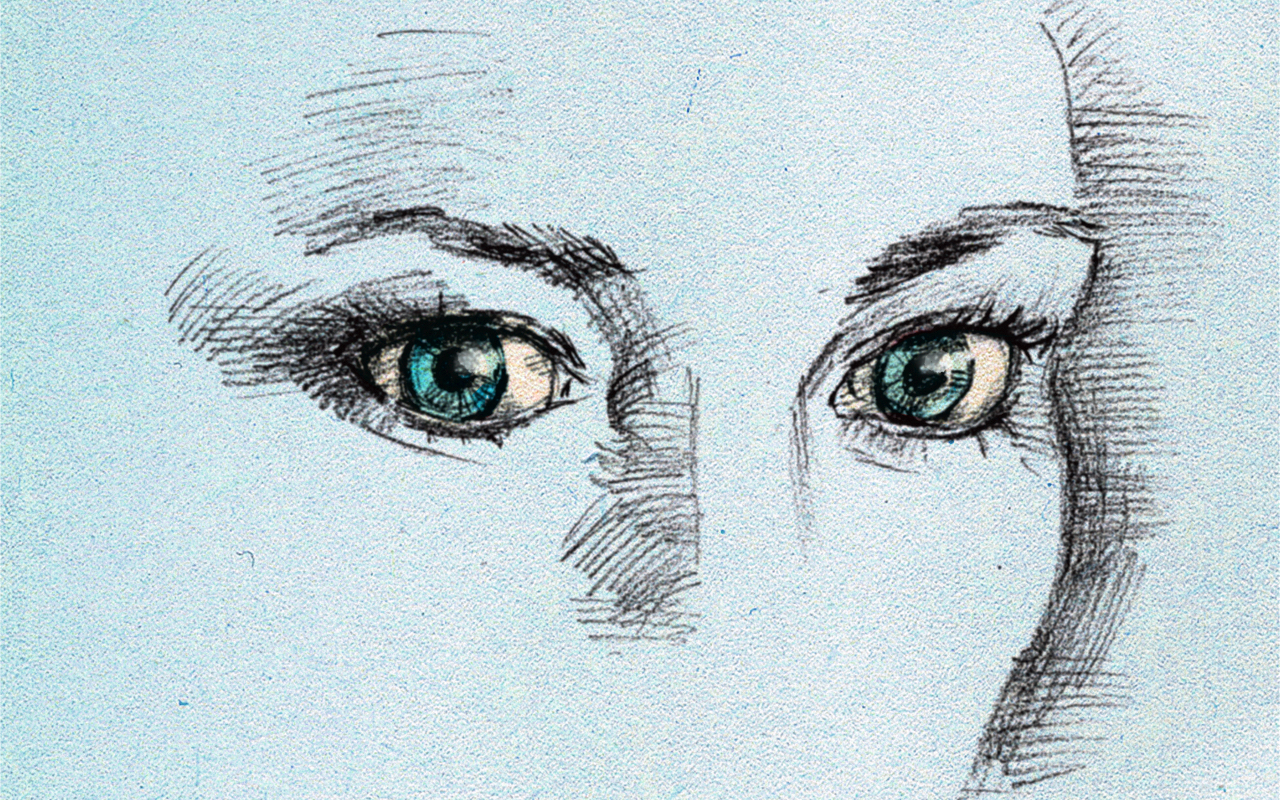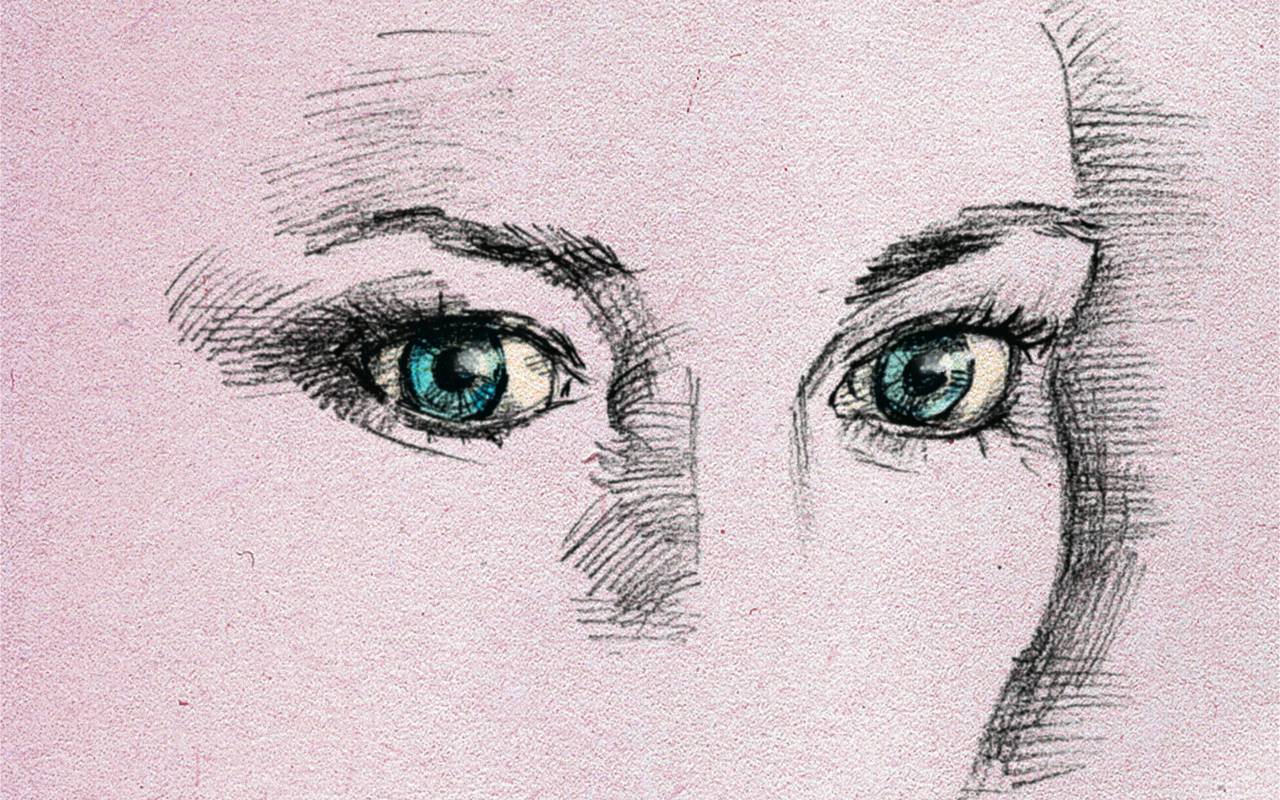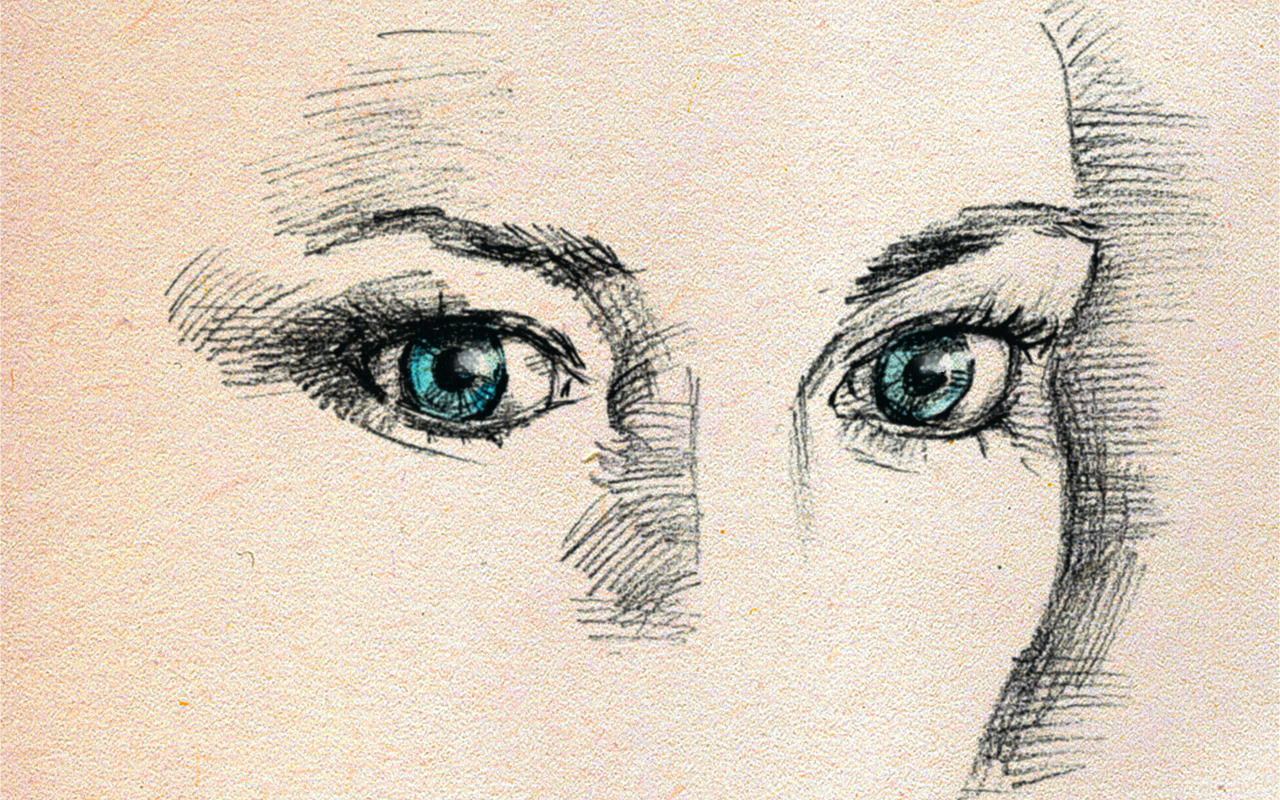The Little Mermaid was religious allegory written by Hans Christian Anderson. It’s about the rewards in the afterlife for women who give uncomplaining love and silence to men who treat them badly. The Little Mermaid is a child by today’s standards, but she is a cypher for the pain women and girls must willingly embrace for conformity.
In the original story, the Little Mermaid falls in love with the Handsome Prince and strikes a deal with an evil and ugly Sea Witch (because all the wicked witches in fairy tales are ugly or old or both). The Sea Witch offers her a magic potion that will give her legs but demands three things in return: every step she takes on land will feel like stepping on knives, she must let the Sea Witch cut out her tongue, and if the Handsome Prince marries someone else, the Little Mermaid will die, soulless and alone.
She is so desperate to live in the world above the sea with her Handsome Prince that she agrees to the deal. Without her voice, however, she cannot tell him the sacrifices she has made for him and so he doesn’t know she is unselfish enough to be his princess. Instead, he falls in love with a girl who has not sacrificed her voice to win his love and decides to marry her.
The Little Mermaid’s sisters come to tell her they have traded their hair to the Sea Witch for a cure. If she stabs the Handsome Prince through the heart on his wedding day and pours his blood onto her legs, her fish tail will come back, and she can live again as a mermaid. The Little Mermaid decides the Handsome Prince’s life is worth more than her own and throws herself into the sea. As she dies, angels come to her and say that because she sacrificed her life for the Handsome Prince, she has the chance to become an ethereal being and if she devotes herself to doing good but invisible deeds for humans for 300 years, she will be allowed to go to heaven. They tell her that whenever she sees a good child who is the joy of his parents and deserves their love, the 300 years will be reduced by a day, but every naughty or wicked child she sees will add a day to her sentence, and the story ends. Disney, in addition to songs and talking sea creatures, added a happy ending and took out the blood and mutilation.
I didn’t want to erase the mermaid’s bad choices, we all make them and there’s usually growth in that. But I couldn’t perpetuate the ‘women are evil when they get old’ trope or the myth of self-abnegation as a virtue, so I wrote a different ending. Again, quotes from the original story are underlined.
Once upon a time there was a Little Mermaid princess who had no name. She lived in a beautiful underwater kingdom with her father, the King, her grandmother, and her five older sisters. The Little Mermaid’s mother died when she was a baby because mothers have no role in fairy tales for children.
The King sent each of his daughters to the surface on her fifteenth birthday so she could see the people who lived on land. When she returned, he asked each daughter to tell her sisters what she had seen of the lives they could never have.
The King’s youngest daughter had no name, she was just the Little Mermaid. She loved listening to the exciting stories of the land where people had legs instead of a tail; where they drank and danced and killed each other. She dreamed of playing with trees and talking to flowers and fighting with swords.
Finally, it was her turn. Her sisters helped brush her hair and polish her scales. Laughing and calling farewells, they swam with her to the borders of their father’s kingdom.
The Little Mermaid swam to the surface alone. She breathed air, saw stars, and heard birds for the first time. She laughed and cried and laughed again.
Not far from where she swam with her laughter and tears, a ship was floating. There were lights along the rails and masts, and beautiful people dancing on the decks. Below deck, where she could not see, the servants worked and the soldiers waited.
“How lovely they are,” the Little Mermaid said, “how joyful and free!”
She swam closer and saw, at the centre of the dancers, a Handsome Prince.
The Little Mermaid was mesmerised. “Look how they all gather around him and wait for him to speak,” she said to herself, “he must be very good and wise for them to love him so.” She watched for hours as the Handsome Prince talked and the pretty girls giggled, and the handsome men guffawed.
The Little Mermaid swam around and around the ship, falling more and more in love with the Handsome Prince. So full of love was she that she didn’t notice the storm coming in until it broke, sending crashing waves and thundering winds to toss the ship around and break it all apart.
Even the Little Mermaid was shocked by the violence of the storm. The people from the land were crushed and broken by the waves and the wind. She was small and not very strong, but she swam mightily, ignoring the bruises and tears on her body as she searched for the Handsome Prince, who she loved even though she did not know him.
Finally, after everyone else had drowned, she found him. Just as he was losing consciousness, she grabbed him and held his exhausted body against her chest all night, shielding him from waves and the tossing pieces of wood. As the sun came up, the storm passed and the weary Little Mermaid still floated in the sea, holding the unconscious Handsome Prince above water, keeping him alive.
Eventually they drifted close to land. Crying with exhaustion, the Little Mermaid dragged him onto land. She could not stay with him, but she forced her strong tail through the sand to lie him down above the water’s edge. Gasping in pain and relief she returned to the ocean and rested on a rocky outcrop near the beach. She watched anxiously as the Handsome Prince lay unmoving in the sun. Was it too late? Had all her efforts to save him been in vain? She couldn’t tell and couldn’t return to land to see if he still lived. She cried and cried, cursing her mermaid’s tail that could never walk on land.
As she cried and watched and cursed, a Beautiful Girl came to the beach and saw the Handsome Prince’s body. The Beautiful Girl, who also was a thing without a name, cried out in alarm and ran to the Handsome Prince’s aid.
The Handsome Prince opened his eyes and vomited sea water all over the Beautiful Girl’s dress. The Beautiful Girl laughed with relief that he was alive and smiled prettily as he squeezed her waist and told her how strongly he had swum to escape the sinking ship and raging storm. They turned away from the sea and did not see the Little Mermaid, crying and watching on the rocks behind them.
The Handsome Prince led the Beautiful Girl away from the sea and into a palace by the water’s edge. The Little Mermaid, who had suffered so much to save his life, fell into an exhausted sleep on the rocks. She slept until sunset and when she woke there was no one left on the beach. She slid down from the rocks and slowly returned to her father’s kingdom.
Her grandmother and sisters greeted her at the gates. “You were gone so long!” they cried, “We were so worried about you. What happened? Why are you all cut and bruised?” The Little Mermaid did not tell them about falling in love with the Handsome Prince she did not know. She did not tell them that he didn’t know how she had suffered to save him and lost him to a Beautiful Girl with human legs. Her father, the King, had been too busy to teach her about shame and how it is always held in secret by people who have no right to it.
For months the Little Mermaid stayed in her sea garden with her secret shame and her secret love and waited for her body to heal from the wounds she bore from saving the Handsome Prince’s life. When her had recovered, she swam back to the beach where she had saved and lost her Prince. Sometimes she heard the fishermen talking about the taxes he raised and the laws he broke. The Little Mermaid didn’t know about taxes and laws, but she was happy to hear them talk about the Handsome Prince and his doings.
When she went home, she talked to her Grandmother about the world of humans. “Why do they have all the trees and stars?” she asked, “Why can’t we have trees and flowers and dancing?”
The Grandmother frowned at all her questions. “We have sea gardens and fish and dancing,” she said. “We are happy here.”
The Little Mermaid was too much in love to be happy. “Is there nothing I can do to change myself from a mermaid into a girl and live in the world above,” she pleaded. “I want to so very much.”
The Grandmother was old enough to know the value of truth, so answered the Little Mermaid’s question. “I was told when I was young and had questions too, that the only way to be a girl in the world is to find a man who will love you and only you. He must worship you above all others and swear to it in a ceremony held by a man in a dress who has magic powers over birth and death. But Little Mermaid, can’t you see, this is a silly tale. Men have no magic powers, no matter what they wear, and how can a man make you a girl? You are what you are and what you have always been. Stop this foolishness and come with me to the sea gardens. It’s peaceful there and you don’t have to be anything other than what you are. Come, child, please?”
She held out her hand to the Little Mermaid, hoping to save her from herself, knowing such a thing is never possible.
The Little Mermaid shook her head and swam away from the Grandmother. “You don’t understand. I know what love is now. I hate this tail I was born with. I want legs! I want him to love me! You’ve never known what it is to feel this way.”
Crying, she swam furiously away from the Grandmother who wanted to save her from herself and went to visit her Auntie who lived not far from her father’s gardens. The Auntie had chosen to leave the Sea King’s palace many years ago. She had built her own house and filled it with paintings of uncomfortable beauty. All through her sea gardens were statues she had sculpted out of pain and loss and joy and love. The Sea King didn’t understand his sister and he was scared by her art that hinted at things he didn’t know. He tried to keep his daughters away from her by telling them she was old and wicked, but the Little Mermaid had always loved the Auntie’s truth and humour. She sought her out now in hope the Auntie could help her find a way to be a girl and love a man.
She found her Auntie painting a great canvas of entwined bodies, all green and gold. “Auntie!” she cried, “help me, please!”
The Auntie put down her brush and turned to the Little Mermaid. “I will try,” she said as she hugged her close, “but I’ve never found trying to help people to be very helpful.”
The Little Mermaid gazed up at the Auntie’s large, wrinkled face. She had never lived with humans so she did not know that beauty should always be young and small and she thought the Auntie’s huge round body and muscular tail were enviably beautiful.
“Auntie, I don’t want to be a mermaid anymore. I want to have legs and live on land. I want the Prince to love me and live happily with me forever. What can I do?” She leaned her head against the Auntie’s huge arm, strong from carving stone and fat from eating well, and drew comfort from her large strength.
The Auntie wrapped her arms around the Little Mermaid and rested her chin atop her head. She remembered what it was like to be young, to want to be something other than what she was so a man she didn’t know might love her.
“The Grandmother says I can only be a girl in the world if a man will love me, but how can I get a man to love me if I cannot be a girl in the world?” the Little Mermaid asked. “Help me Auntie, I want it so much.”
“I can help you get what you want,” the Auntie said. “But you should know that it will hurt you terribly. You will have to take a knife and cut your beautiful tail. You can paint it to look like legs and teach you to walk on land, but the wounds will never heal. Every step you take will be as if the knife were cutting your feet again. You will bleed and hurt with every step. This is not a good thing you want, child, and it will bring you no joy.”
“Oh, you’re wrong Auntie,” said the Little Mermaid. “All I need for joy is to look like a girl and for him to love me. I don’t mind about the pain. He is worth pain. Please show me how to cut my tail and paint my legs.”
“Wait!” said the Auntie, “Think! Once it is done you will not be able to undo it. If you cut your mermaid’s tail to look like a girl’s legs it will not heal. You will never again be a mermaid. Take some time to be sure this is the right choice.”
But time takes too long for the young who have so much of it and the Little Mermaid wanted to be what she was not too much to waste time on being what she was.
The Auntie gave the Little Mermaid a knife and did not stop her from cutting her beautiful tail, because she knew that some lessons can only be learned by living them.
The Little Mermaid sliced at her tail until it split in two and used the Auntie’s paint to cover her scales and scars and blood. She painted dainty little feet on the ends and laughed in delight at her new human-looking legs.
The Auntie’s strong arms held her as she swam to the beach where she had left the Handsome Prince. “I want for you all you could want for yourself,” she said, “but if what you want becomes a thing you do not want, come back here and call for me. I will come and help you if I can.”
The Little Mermaid hugged the Auntie and thanked her. “Do not be sad Auntie, the Prince will make me so happy and I will love being a girl in the world. When I call to you it will be only to tell you of my joy.”
She walked slowly from the water, each step on her mutilated tail feeling like a knife cut in her new little feet.
The Little Mermaid made her way to the ornate house, leaving a trail of blood in her wake. As she approached the door it opened and the Handsome Prince stepped out. He stopped and stared in amazement at the Little Mermaid. She gazed at his handsome face and beautiful dark eyes, looking closely at every part of her. “I knew he would love me,” she whispered to herself, “he looks at me as I look at him, such love, such admiration,” and her smile was full of joy.
“Well look at you,” said the Handsome Prince in handsome delight, “did someone send me a present? Naked girls outside my door in the morning! How wonderful.”
The Little Mermaid did not know young men were taught about a girl’s naked flesh and she did not understand that he thought she should feel shame, so she felt only happiness that he saw her and was pleased.
Want more? Read more extracts here or buy your copy now ($24.99 – including postage within Australia).

